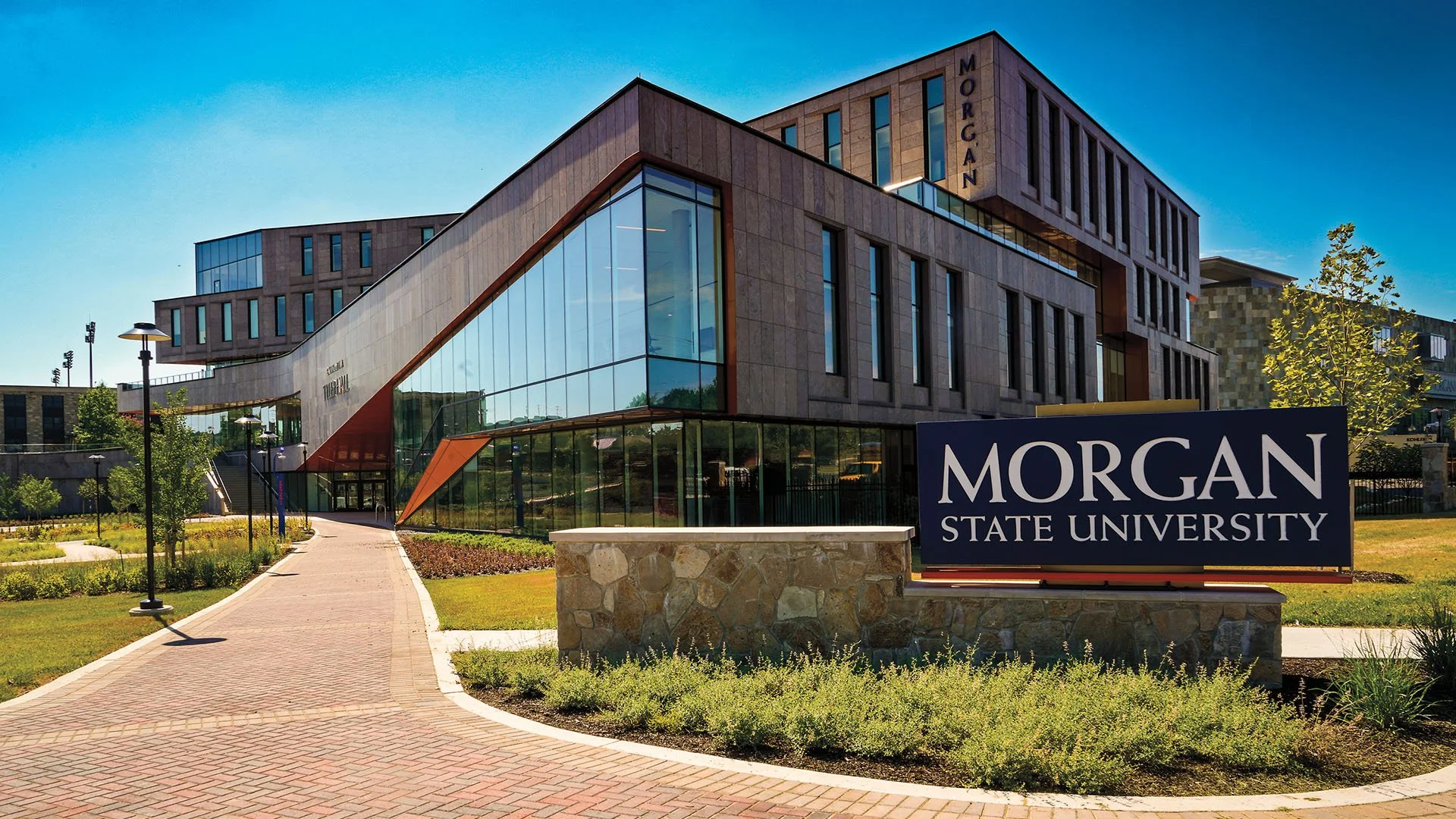
Assistant Professor of Teacher Education and Professional Development
Valerie Riggs
Morgan State University
Areas of Expertise: AI Literacy, AI Curriculum Development and Ethical Implementation of AI
Valerie C. Riggs is an assistant professor of teacher education and professional development at Morgan State University. She has extensive experience in instructional design, AI integration, adult learning theories, and enhancing teacher quality and technology capacity in high-need schools. Her research focuses on developing AI literacy among educators, improving technological pedagogy through innovative curriculum strategies, and addressing the ethical implications of AI in education. She engages in leadership roles in AI education initiatives and is dedicated to advancing the use of technology in education to foster equitable and ethically sound learning environments.
-
Riggs, V. (2021). Reflections of a Faculty Learning Management Ambassador on the Observed Impact of COVID 19 on HBCU Faculty and Online Learning. In R. Papa and K. M. Jackson (Eds.), Artificial intelligence, human agency and the educational leader, (pp. 42-45). Springer. ISBN 978-3-030-77609
This book includes contributions by scholars from a variety of disciplines, the dialogue and discourse on how AI (artificial intelligence) development includes and/or excludes pedagogical educational learning theories focused on the learner. A call from Educational Leaders Without Borders (ELWB) was issued to scholars from across the globe who were asked to write a vignette described as an evocative description or account on how education leaders envision education in 2051 and A.I. beyond mere product purchase. These vignettes should engage us in questions as to how the development and use of AI technologies are shaped. As educators who believe education should be established on social justice beliefs and practices, our review of literature shows there are no books addressing the complexities of A.I. development and the role of educators. The futuristic element is unique in its approach to imagine a socially just better world in which to inspire educators. This unique feature encourages creativity in how one addresses the call to imagine a future world and our role as educators in that world.


